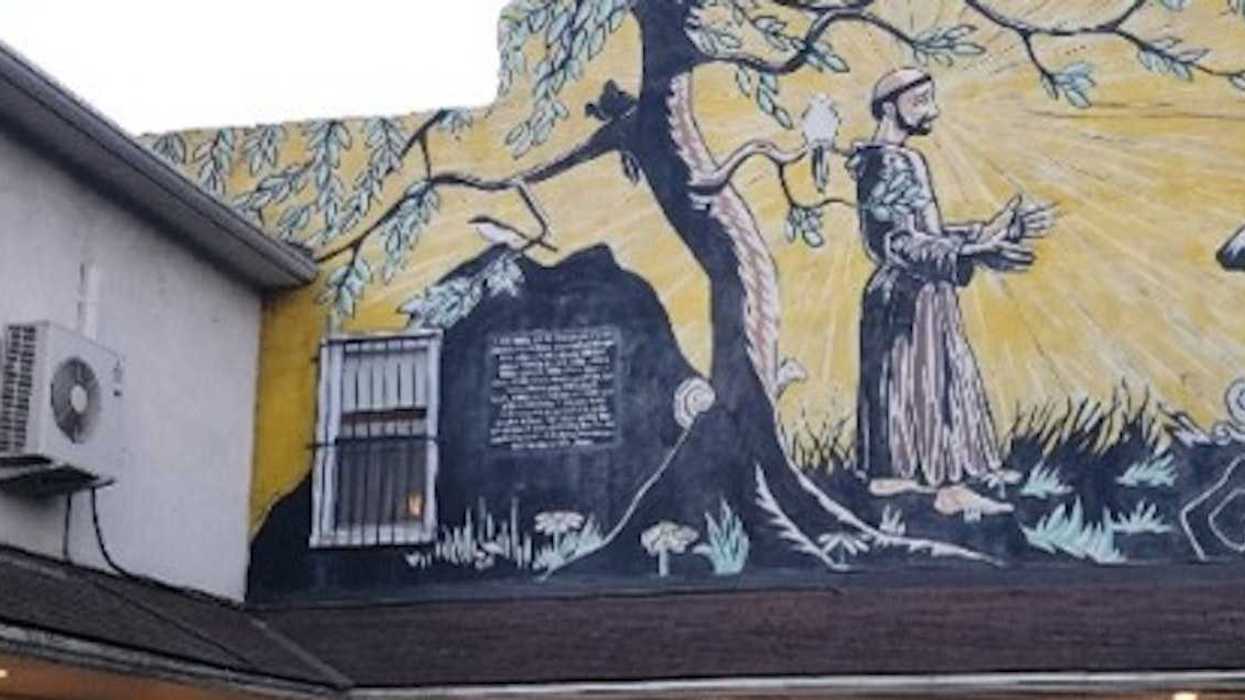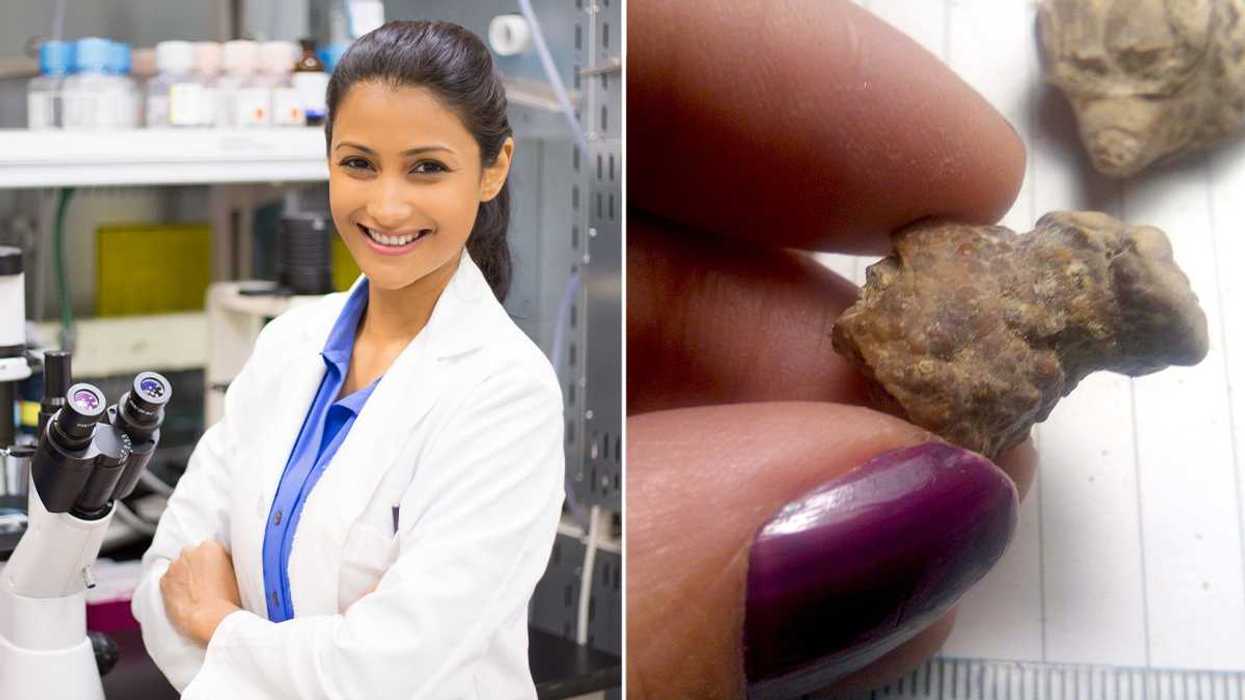Following in the footsteps of Nobel Peace Prize winner Norman Borlaug’s development of the durable dwarf wheat, scientists are turning to a little-known hope – the tepary bean – that might allow hot and dry regions to cultivate their own foods and fend off starvation.
The modest bean, largely overlooked by gourmands and consumers alike, contains high levels of proteins while also ranking low on the glycemic index, making it an attractive staple for third-world nutrition. They’re also plenty diverse, as Jimmy Burridge, project manager of USAID Feed the Future Innovation Lab for Climate-Resilient Beans (an effort in dire need of a nickname), has parsed through 120 variants, examining how they manage to collect and retain water so efficiently.
Says Burridge’s colleague in the project, Tim Porch, “With a changing climate resulting in larger areas under excessive levels of heat and drought stress . . . crops with exceptional tolerance to abiotic stress, such as the tepary bean, could be a solution to sustainable food production.”
Beans have long been a key to sustenance in many parts of the world, but have proven vulnerable to extreme heat. The durability and nutritional value of the tepary bean raise hopes that it could serve to feed the world in a number of different ways, but even proponents are quick to stress that’s it’s not a cure-all for world hunger. “There’s a whole world of beans out there, and the challenge is to find the set of traits that are appropriate for an agroecosystem. We need to find resiliency through diversity,” says Burridge.
The flavor of the beans is described by the New York Times as “sweet” and “meaty.” They haven’t found their way into fashion yet amongst the foodie crowds, but organic communities, particularly in the Southwest, are beginning to integrate them in more farm-to-table cuisine in soups, stews, and hummus-like spreads.
The diverse array of tepary beans doesn’t just bode well for their prospects of popping up in even more Instagram posts, but, more importantly, increases the likelihood that a variety can match a particular climate or condition to serve the hungry in the region. As the work of Burridge and Porch progresses, we’ll see if their high hopes can be met.
















 A young person doing their monthly budgetCanva
A young person doing their monthly budgetCanva
 Gif of little dog holding guitar with caption "Time For Tacos" via
Gif of little dog holding guitar with caption "Time For Tacos" via 
 A couple engages in a serious conversationCanva
A couple engages in a serious conversationCanva
 Christy Lam-Julian, a mother in Pinole, Calif., reads to her son in April 2025.
Christy Lam-Julian, a mother in Pinole, Calif., reads to her son in April 2025. Children who read bedtime stories with their parents are likely to benefit from a boost in creativity – especially if they consider questions about the books.
Children who read bedtime stories with their parents are likely to benefit from a boost in creativity – especially if they consider questions about the books.


 A woman scrolls through a dating appCanva
A woman scrolls through a dating appCanva
 Openly choosing the one you like best can help break down stigmas.
Openly choosing the one you like best can help break down stigmas.